declan rice: unstoppable
Declan Rice on how his footballing upbringing resulted in the all-round midfielder we see today
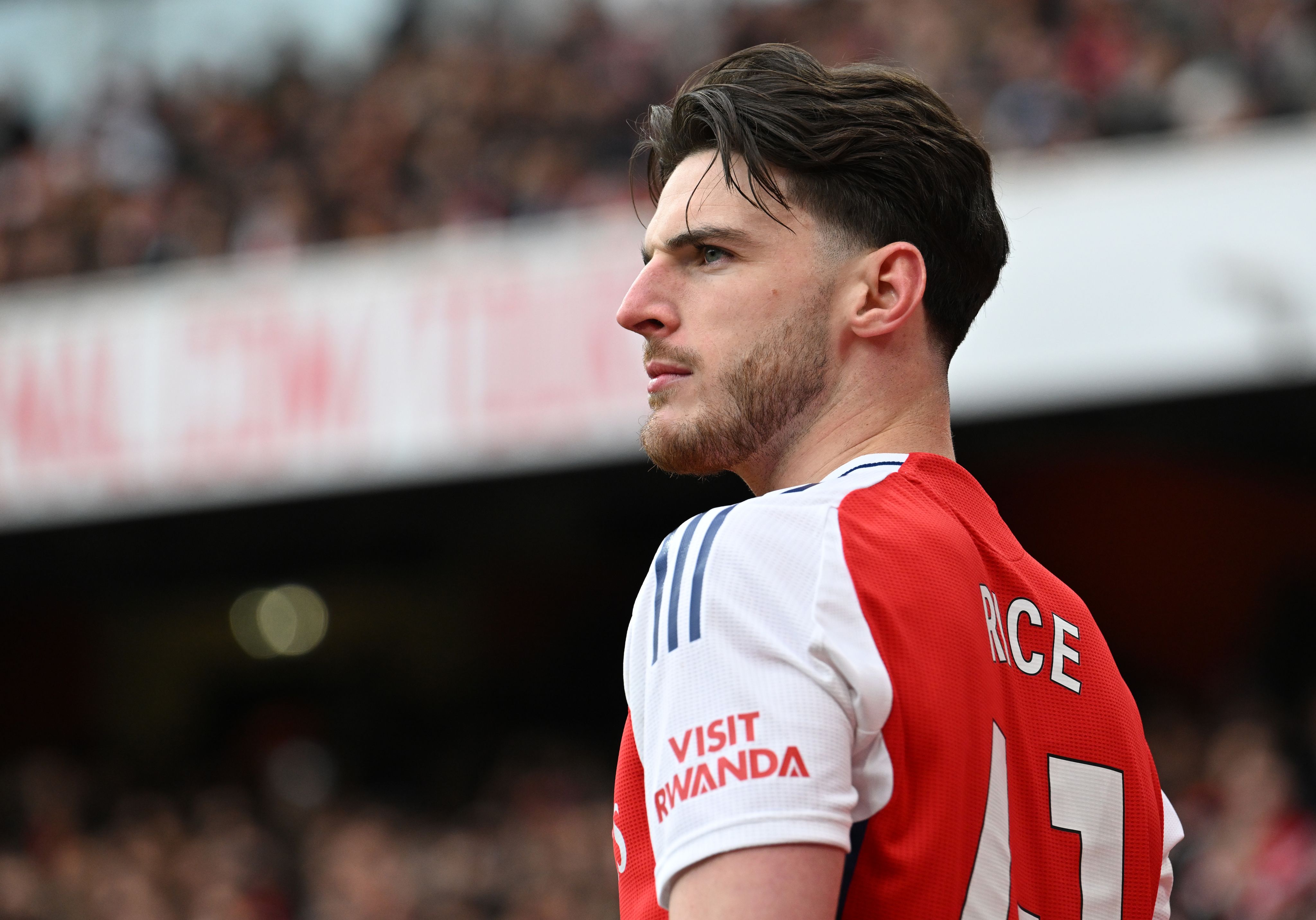

Declan, what do you remember about your very early years being coached?
At that age, about eight, nine or ten, I was training three times a week with a game on Sunday when I was at Chelsea. We trained Tuesday, Thursday and Saturday with the matches on the Sunday. At that age it was all about enjoyment for me. There wasn’t much tactical aspect to it, it was about developing, getting better, meeting teammates, creating friendships. Training was very different to what it is now. There used to be a lot of circuit work and working on individual areas.
How did you view your coaches at that time?
Still now, the coaches that looked after me from that time, all the way to under-18s but especially under-9s to under-12s, I hold them in such high regard, because the work they put in and the level they got, not just me, but the whole group, to reach was incredible. When you are young you learn so much, improve so much and when you are with the best players in the country, even at 10 or 11, you find yourself improving all the time. The coaches played a massive part in that because they were so invested in wanting to make us better.
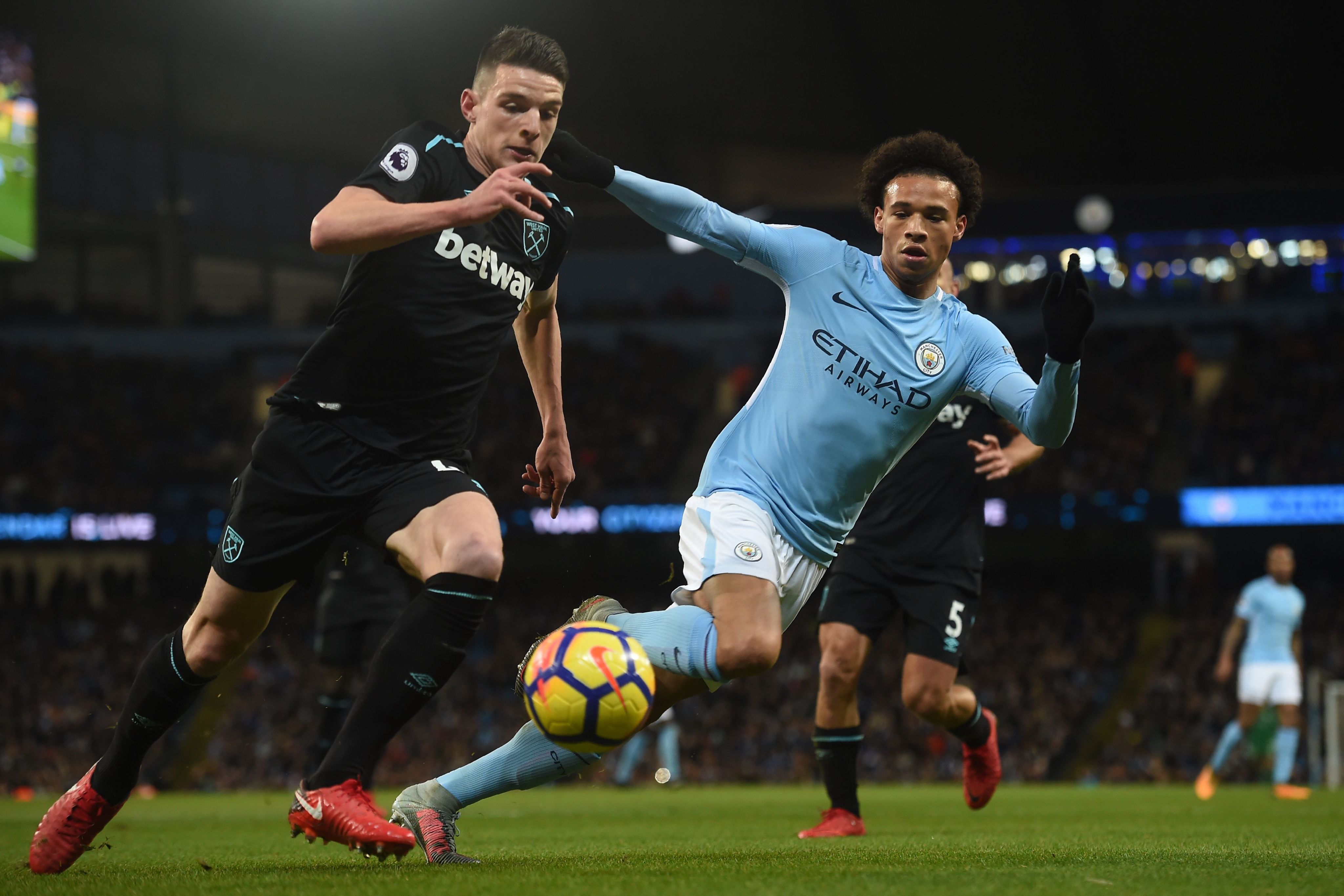
What were the main lessons back then that have stuck with you ever since?
Every Tuesday and Thursday we would train in the dome, and it would never change – it would be 6pm until 8pm, the dome split into four areas, and in each one you worked on something different. It could be 20 minutes just working on your left foot, then 20 minutes on a passing drill, 20 minutes of finishing and 20 minutes of defending. Then every week it would be a different theme for each square. I think that made me learn and develop so much quicker because we were learning all different types of the game. A lot of the players I was playing with then have since gone on to have good careers and I think those sessions stood us in good stead.
Was the aim to create complete footballers then, rather than specialised positions?
Yes, 100 per cent. Instead of just working on what you are good at, I spent a lot of time on my weaker foot and that’s now a really strong part of my game, and I developed it back then. We did passing drills, rhythms and patterns, and I think that helped so much. That stage of my career played such a big part of where I am today. I think I have a varied skillset and I’m lucky enough to be able to play in so many different positions. I know the game well and I know what the manager wants from me, especially here at Arsenal, and maybe over the last few years I wasn’t as complete, but I was always willing to learn more.
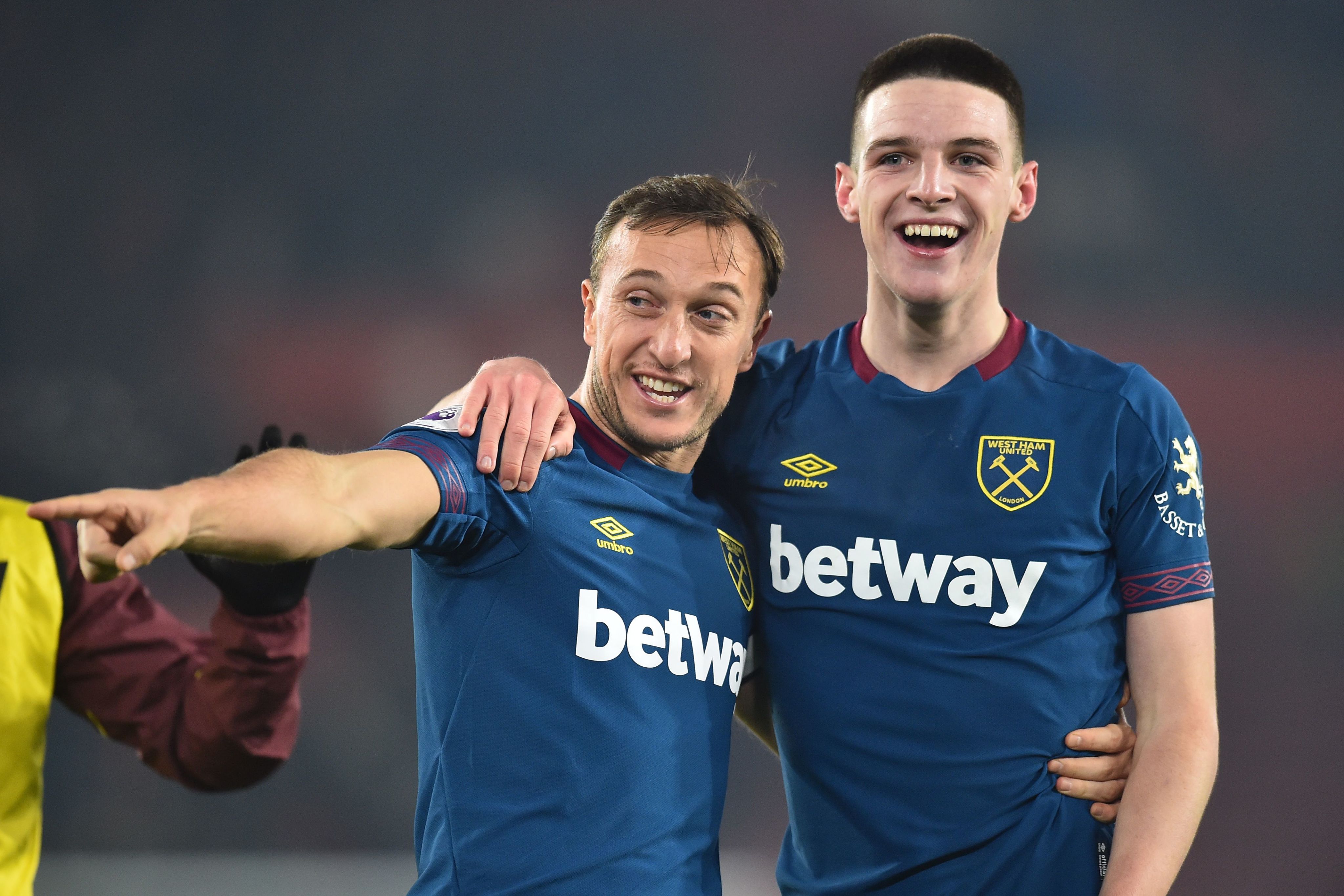
Who were the players you looked up to back then?
Back then I don’t remember watching much football, but I was at Chelsea so we would go to those games. John Terry was the captain, and I was a centre back so I watched him all the time. How he played, how he was a leader, how much he cared, how he set good standards. Then as time went on, and I went to West Ham, I learnt from senior pros like Mark Noble and Aaron Cresswell. People who had played throughout the leagues and really helped me. Having good influences and looking up to people who had such good careers, really helped me out.
Can you pinpoint a time in your career when you think you made the biggest improvement?
Yes, it was when I was in the under-16s. I was the last player to get a scholarship, and that made me want to work even harder to get a pro contract, because some of the lads already had that. I then moved into the under-18s and from that moment I just took off. I think it was because I didn’t have a pro contract, so I always had something to work towards, I was never comfortable. Then from under-18s to under-21s into the first team, I signed another three or four pro contracts, and I look back at that period as a really big time of my career. I wasn’t the best player, there were players better than me at that age, but I really committed myself to the game. I had always said I wanted to be a footballer, and wouldn’t let anything stop me doing it, whatever level it was, so I made a lot of sacrifices for that.
“I always said I wanted to be a footballer, and wouldn’t let anything stop me doing it”
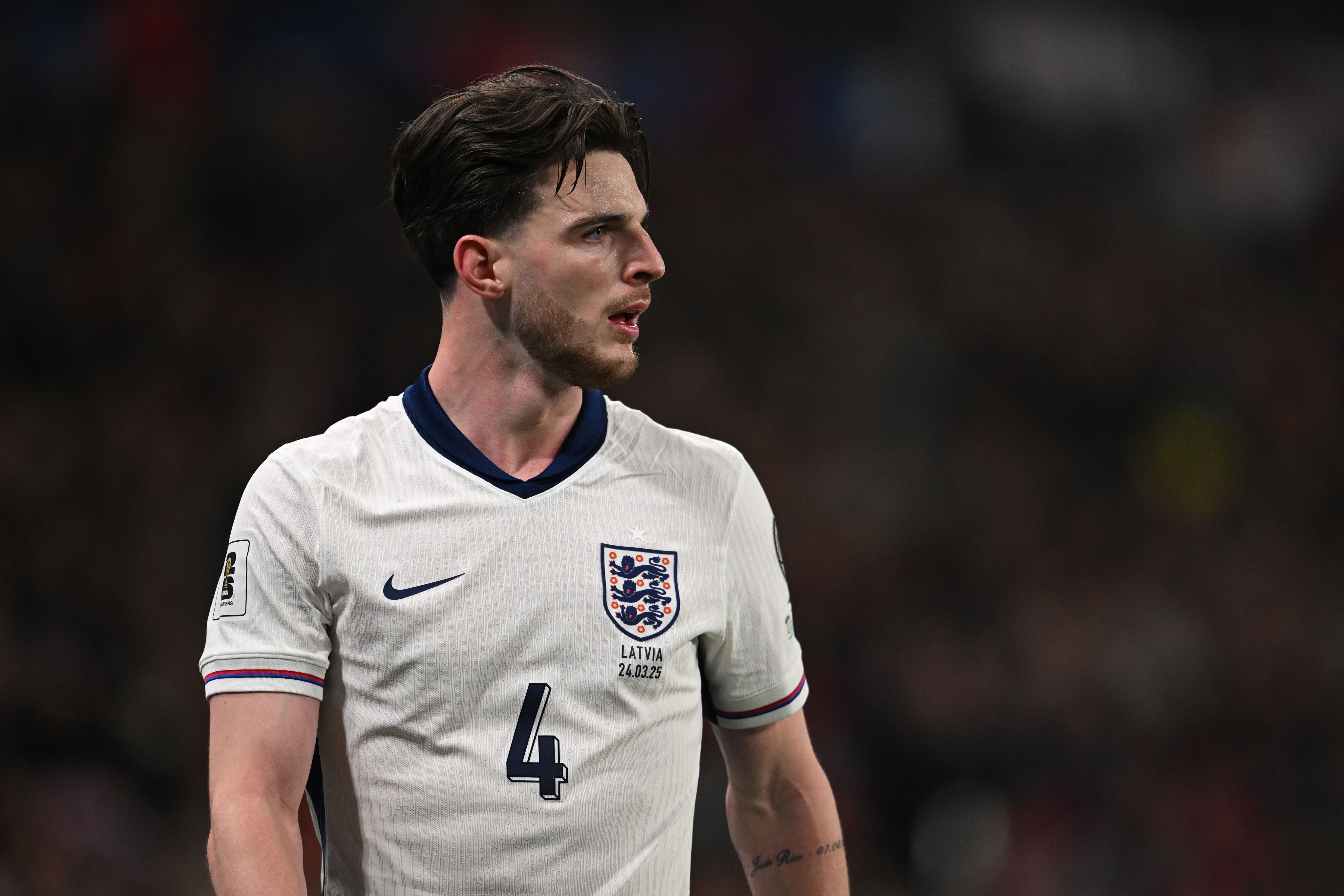
How important is that commitment at that age?
It sets you apart in football. You can have all the ability, but you need the mentality, the heart and desire to improve and take criticism. A lot of time people want to be comfortable and stay at one level, but that’s the worst thing you can possibly do. Because there is always someone waiting to take your place.
What were your favourite training drills back then?
I loved them all. I just remember it being so much fun. I wish I could go back and breathe in those moments again, because those sessions and the people I shared that time with were so special.
How have the different managers in your career compared?
I’ve had a few so far, and they have been so different. I started with Slaven Bilic, then David Moyes, Manuel Pellegrini, Gareth Southgate and now obviously Mikel. They have all had different philosophies and that’s been good for me. I have adapted to all of them and I can take a lot from all of them, but I think they all liked the way I adapted to them.
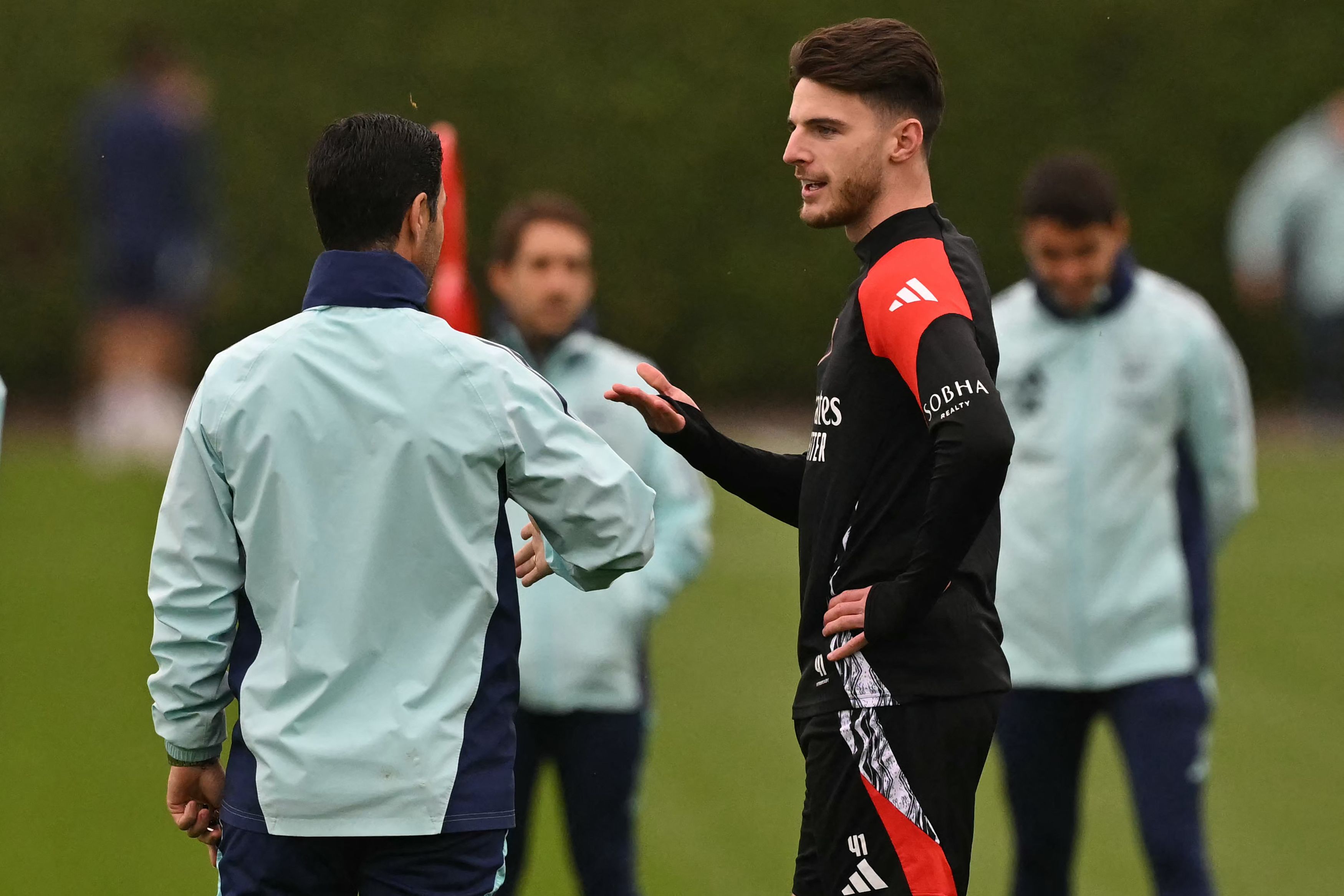
What did you learn at school that helped you in your career?
I loved going to school and interacting with friends, but my focus was never as strong as it was for football. I could never commit as much as I wanted to, to my school work, I focused on football so much. Also to be honest I was never the best academically, and I never had the concentration levels that other people did.
What do you wish you’d known earlier in your career?
That it was never going to be plain sailing, and you will face rejection. When I was growing up I thought football was just about happiness, and no setbacks. But there are always bumps and it’s about how you react. When I was released by Chelsea, I remember my dad telling me the news when I got back from school. I was gutted, of course, but then that night, just a couple of hours later, I was training with Fulham. My dad told me at 5pm, and by 7.30pm I was at Fulham, because they had heard I was released. A guy called Dan Rice, funnily enough, called my dad and that night I went there and my focus was back on football straight away. I was gutted to be released, but I didn’t let it stop me.
Have you thought about what you want to do after your playing days?
I don’t know where my career is going to go, but ever since I started playing from when I was a kid, I’ve learnt so much – on the pitch and off it, from different players and coaches, so I probably would like to learn something different to do with football. With the schedule we have now that’s impossible, but definitely somewhere down the line. Football is such a big world, and there is so much you can do, that I wouldn’t want to waste my career and not stay in it when I finish playing.
Have you started any coaching qualifications?
No not yet, I don’t know if I want to go into coaching. The Premier League is stressful and I think coaching would be even more stressful! But who knows, I would rather be the assistant, chilling out with a coffee and doing the crossbar challenge! But no, I don’t know. Maybe punditry, or helping young players out. I’m not sure, but hopefully something in football.
What would your footballing philosophy be?
I’ve learnt so much from different managers, especially Mikel. It would take forever to tell you everything about the knowledge this guy has on football. How he thinks about the game, how he allows us to go out every week with every detail on how we can beat the opposition. If I was a coach, I would like to embrace some of that philosophy. Any player who gets to work with him during his managerial career will tell you what they have learnt from him and what a great coach he is.
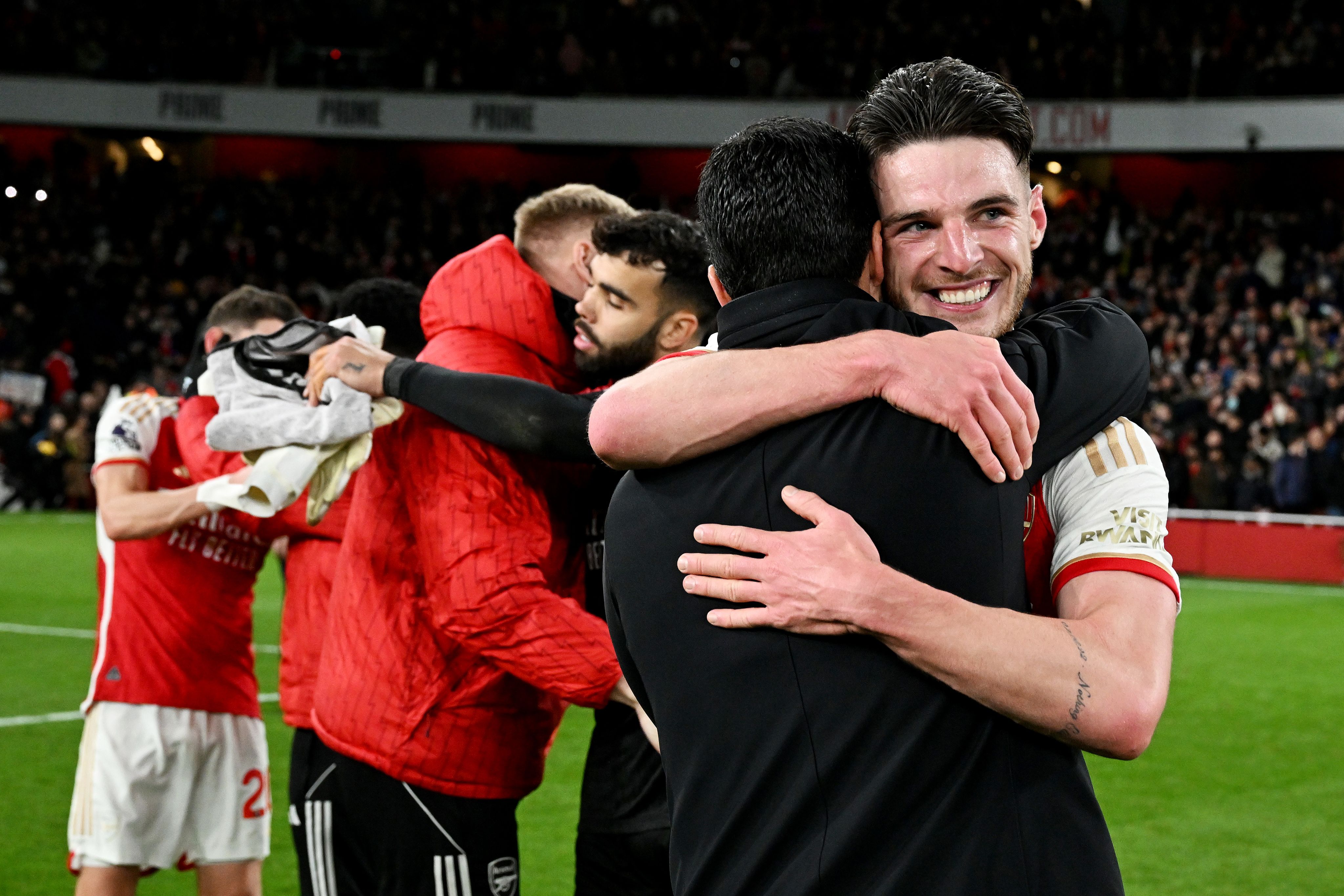
Do you enjoy the analysis side of the game?
I used to watch my games back more I think, whereas now I’m at the stage where I’m old enough to know when I’ve had a good game or a bad game. If I’ve been rubbish, I know it! If I’ve been good I embrace it, but I always want to keep pushing. I never want to be comfortable, I want to be kept on my toes.
Who in current squad would make the best manager, and why?
Probably Jorginho. I’ve played against him and with him for years, and seen him play for Italy, and I would say that out of everyone I’ve ever played with, he’s in the top three football brains I’ve ever seen. The way he thinks about the game, his knowledge, I just think he’ll go on to have a really good managerial career because of how he sees the game.
What do you think football can learn from other sports?
In football we are very lucky, there are 11 of us on the pitch and if one makes a mistake there are 10 others to pick them up. But if you had a team where everyone had the individual mentality to push themselves through, like in an individual sport like golf or tennis, then you could go to a whole new level as a team. I see that in this team all the time, players who just want to win, and you see that a lot in individual sports a lot. Footballers have a lot of down time, a lot of travelling, staying in hotels, whereas individual sports have to think more about their own recovery and preparation, the mental side of it too. So football could dip into that more








